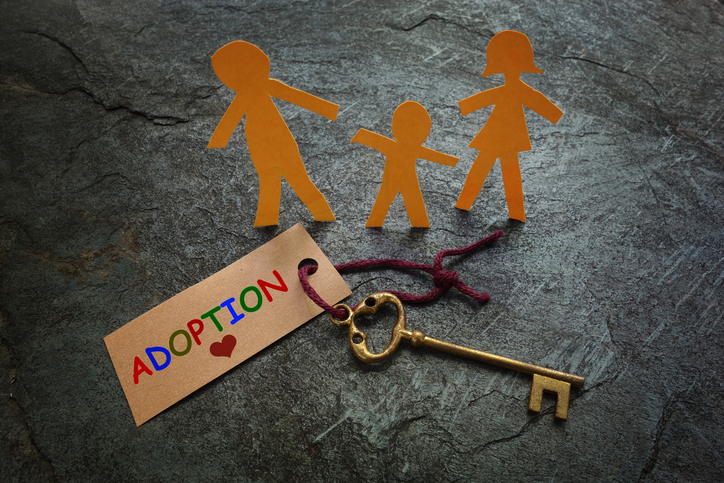
If you’re considering adoption, it’s important to plan for what happens after the adoption has been granted. One important decision is whether to allow either birth parent to maintain contact with the child after the adoption is complete.
Legally, an adoption grants the adoptive parents all the same rights as a birth parent. A new birth certificate is issued with the adoptive parents’ names and the birth parents lose parental rights to the child, including all rights to legal custody, physical custody, visitation and child support. This means, by default, that the birth parents would no longer have any right to contact with the child.
In some instances, however, adoptive parents and birth parents may wish to continue the birth parents’ relationship with the adopted child. If all parties agree, they may execute an agreement allowing one or both of the birth parents to maintain contact with the child after the adoption is completed.
In Virginia, adoptive parents and birth parents may enter into a “Post-Adoption Contact and Communication Agreement” pursuant to Virginia Code § 63.2-1220.2. Such an agreement may touch on a variety of terms, including how often the birth parents may contact the child, how often the adoptive parents will provide the birth parents with pictures of the child, what forms of communication are appropriate between the birth parents and child, visitation between the birth parents and child, and other terms.
The birth parents and adoptive parents work together to decide on terms that are agreeable to everyone involved. Ideally, both sets of parents will each have their own lawyer to help guide them through the process and ensure that the final agreement accurately reflects the parties’ desires.
Note that such an agreement is entirely optional: it is not required under Virginia law. Many parents decide that a Post-Adoption Contact and Communication Agreement is not right for their family or situation.
The court also plays a role in ensuring that any final agreement is in the best interests of the child being adopted. A court will only approve and enforce a Post-Adoption Contact and Communication Agreement if specific conditions are met. Pursuant to Virginia Code § 63.2-1220.3, the court must have prior approval of any Post-Adoption Contact and Communication Agreement and will only do so if (1) the agreement serves the best interests of the child being adopted, (2) both the birth parents and the adoptive parents have consented to the agreement, (3) the child placing agency or guardian ad litem, if any, approve of the agreement, and (4) any child being adopted age 14 years or older has consented to the agreement.
Pursuant to Virginia Code § 63.2-1220.4, the Circuit Court of the jurisdiction where the Final Order of Adoption was entered may modify or enforce the terms of a Post-Adoption Contact and Communication Agreement. This means that the court has the ability to change the terms of the agreement at a later date, and the court also has the ability to enforce the terms of the agreement if one party fails to abide by its terms.
However, it’s important to understand that enforcement of the agreement is limited. An adoption will not be reversed by the court due to violation of an agreement. Thus, the birth parents’ consent to an adoption should never be given in exchange for the promise of certain terms to be included in the agreement. Additionally, the court does not have the power to award monetary damages in either an enforcement or modification action.
If you’re interested in preparing a Post-Adoption Contact and Communication Agreement, be sure to consult with a knowledgable family law attorney in your area. Livesay & Myers, P.C. has a team of experienced family lawyers across offices in Fairfax, Arlington, Ashburn, Manassas and Fredericksburg-Stafford, representing clients throughout Northern Virginia. Contact us to schedule a consultation today.